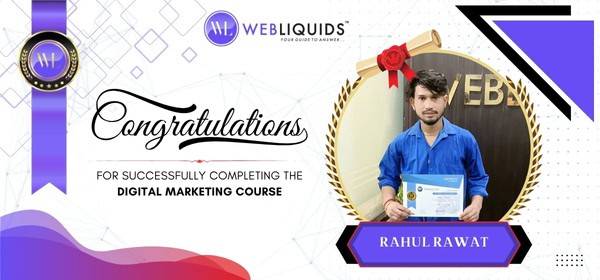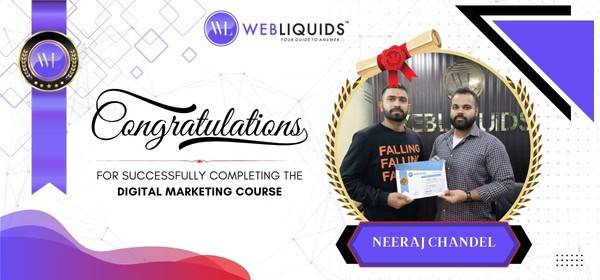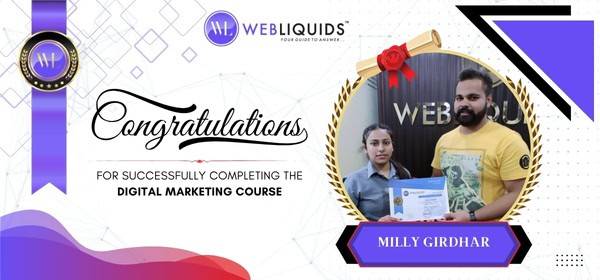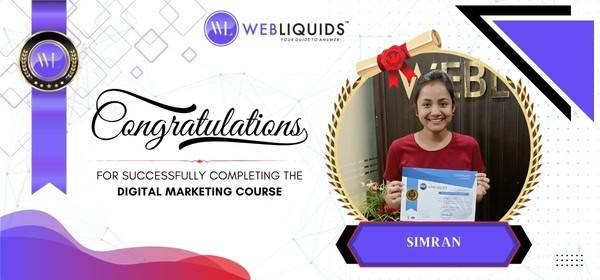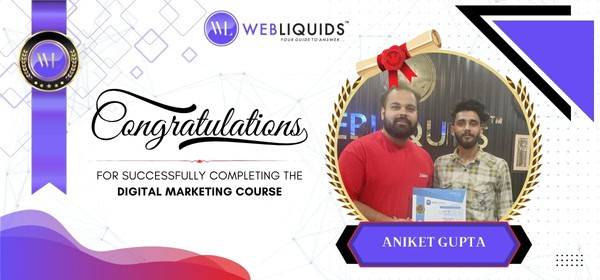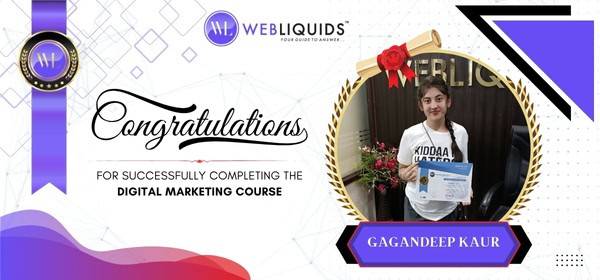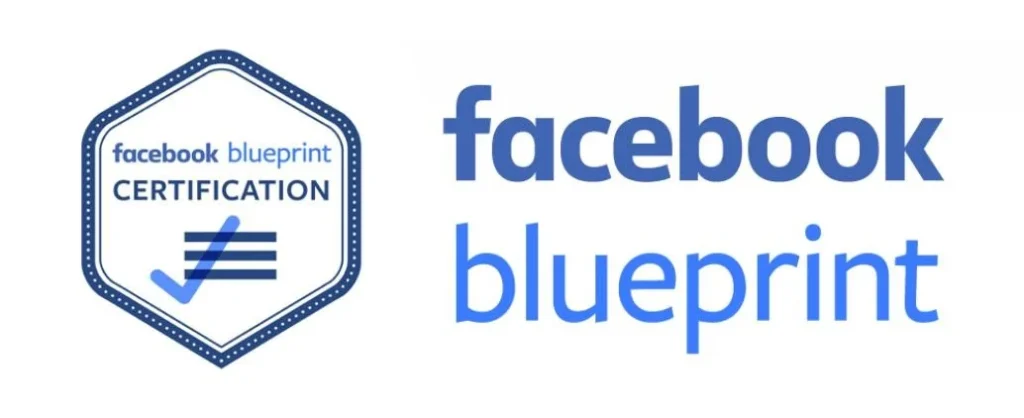The Ultimate Guide to Influencer Marketing: Everything You Need to Know in 2025

The Ultimate Guide to Influencer Marketing: Everything You Need to Know in 2025
In today’s digital era, where authenticity drives consumer behavior, influencer marketing has become one of the most powerful tools for businesses to connect with their audience. From global brands to small startups, leveraging influencers has proven to be an effective way to build trust, increase brand awareness, and drive sales. In this comprehensive guide, we’ll explore everything about influencer marketing, including its types, benefits, strategy creation, trends for 2025, and common challenges with actionable solutions.
What is Influencer Marketing?
Influencer marketing is a form of social media marketing where brands collaborate with individuals who have a significant following on platforms like Instagram, YouTube, TikTok, and LinkedIn. These individuals, known as influencers, create content that promotes the brand’s products or services to their audience.
Unlike traditional advertising, influencer marketing focuses on trust and authenticity. Audiences tend to trust recommendations from their favorite influencers more than direct advertisements. This makes influencer marketing a highly effective way to reach a targeted audience.
For example, a fitness brand partnering with a health and wellness influencer allows the brand to connect with a highly engaged audience that is already interested in fitness.
Types of Influencers
Influencers are categorized based on their follower count and niche expertise. Here are the main types:
- Mega Influencers
- Follower Range: 1 million+ followers.
- Who They Are: Celebrities, athletes, and public figures.
- Pros: Massive reach and visibility.
- Cons: High cost; less personal connection with followers.
- Macro Influencers
- Follower Range: 100K–1M followers.
- Who They Are: Established influencers with a wide audience.
- Pros: Significant reach with a relatively affordable price.
- Cons: May lack the niche authenticity of micro-influencers.
- Micro Influencers
- Follower Range: 10K–100K followers.
- Who They Are: Experts in specific niches like fitness, fashion, or travel.
- Pros: Higher engagement rates; targeted audience.
- Cons: Limited reach compared to macro and mega influencers.
- Nano Influencers
- Follower Range: Less than 10K followers.
- Who They Are: Everyday users with hyper-local or niche audiences.
- Pros: Extremely high engagement and authentic connections.
- Cons: Minimal reach; suitable for small or localized campaigns.
Benefits of Influencer Marketing
Influencer marketing offers numerous advantages, making it a go-to strategy for brands. Here are the top benefits:
- Builds Trust and Authenticity
Influencers have built strong relationships with their audience, and their recommendations feel more genuine than traditional ads.
- Increases Brand Awareness
By collaborating with influencers, brands can tap into new audiences and increase their visibility.
- Improves Engagement
Influencers drive meaningful interactions through likes, comments, and shares, boosting your brand’s social media presence.
- Drives Sales
Influencer recommendations often lead to higher conversion rates. Studies show that 49% of consumers rely on influencer recommendations.
- Cost-Effective
Compared to traditional advertising, influencer marketing delivers better ROI by targeting specific demographics.
How to Create an Influencer Marketing Strategy
To execute a successful influencer marketing campaign, follow these steps:
Step 1: Define Your Goals
What do you want to achieve? Common goals include:
- Increasing brand awareness.
- Driving website traffic.
- Boosting sales or sign-ups.
Step 2: Identify Your Target Audience
Understand your ideal customer’s demographics, interests, and pain points to find influencers who resonate with them.
Step 3: Research and Choose the Right Influencers
Look for influencers who align with your brand values. Tools like BuzzSumo, Upfluence, and HypeAuditor can help you find and vet influencers.
Step 4: Set a Budget
Allocate a budget for influencer fees, content creation, and promotions. Nano and micro-influencers are more affordable, while mega influencers require a larger budget.
Step 5: Collaborate on Content
Work closely with influencers to create authentic content that blends seamlessly with their usual posts. Avoid overly promotional tones.
Step 6: Launch and Monitor
Track the performance of your campaign in real-time. Monitor engagement, reach, and conversions.
Measuring Success in Influencer Marketing
To measure the ROI of your influencer marketing campaigns, focus on these metrics:
- Engagement Rate
Track likes, comments, shares, and saves to measure audience interaction.
- Reach and Impressions
Measure how many people saw the influencer’s content.
- Website Traffic
Use tools like Google Analytics to track traffic from influencer campaigns.
- Conversions and Sales
Use promo codes, affiliate links, or UTM parameters to attribute sales to specific influencers.
- Brand Mentions
Monitor social media for mentions and hashtags related to your campaign.
Influencer Marketing Trends for 2025
Here are the key trends shaping influencer marketing in 2025
- Rise of AI in Influencer Selection
AI tools are being used to analyze engagement, authenticity, and audience demographics for better influencer selection.
- Long-Term Partnerships
Brands are focusing on building deeper, long-term relationships with influencers instead of one-off collaborations.
- Increased Focus on Micro and Nano Influencers
These influencers provide higher engagement and authenticity, making them ideal for niche marketing.
- Integration of AR/VR
Augmented reality (AR) and virtual reality (VR) are being used to create immersive influencer campaigns.
- Emphasis on Sustainability
Influencers are promoting eco-friendly brands and encouraging sustainable consumption.
Challenges and Tips to Overcome Them
- Identifying Authentic Influencers
- Challenge: Fake followers and inflated metrics.
- Solution: Use tools like HypeAuditor to verify authenticity.
- Ensuring Compliance
- Challenge: Ad disclosure regulations.
- Solution: Ensure influencers use #ad or #sponsored in their posts.
- Measuring ROI
- Challenge: Tracking conversions can be tricky.
- Solution: Use unique discount codes or UTM parameters.
- Managing Budgets
- Challenge: Influencer costs can vary widely.
- Solution: Set clear budgets and negotiate fair pricing.
FAQs About Influencer Marketing
- What is the cost of influencer marketing?
The cost varies depending on the influencer’s follower count, engagement rate, and niche. Nano influencers charge as low as $50 per post, while mega influencers can charge upwards of $10,000 per post.
- How do I find the right influencers for my brand?
Use tools like BuzzSumo, Upfluence, and AspireIQ. Look for influencers who align with your brand values and have genuine engagement.
- What platforms are best for influencer marketing?
Instagram, TikTok, and YouTube are the most popular platforms. However, LinkedIn works well for B2B campaigns, and Twitter is great for tech and gaming audiences.
- How long does it take to see results?
Results can vary. Brand awareness campaigns may show results in weeks, while sales-driven campaigns can take 1–3 months.
- Can small businesses benefit from influencer marketing?
Absolutely. Micro and nano influencers are cost-effective options that can help small businesses connect with a targeted audience.
- How do I measure the success of my campaign?
Track metrics like engagement rate, reach, website traffic, conversions, and ROI using tools like Google Analytics and campaign tracking software.
- Are influencer marketing campaigns still relevant in 2025?
Yes, influencer marketing continues to grow and evolve with new trends like AI, AR/VR, and sustainable brand partnerships.
Ready to Master Digital Marketing? Sign Up Today!
Inspiring Job Placement Success Stories

Our Achievers Ready to Lead the Industry
